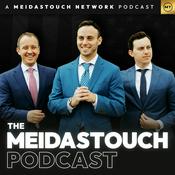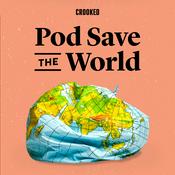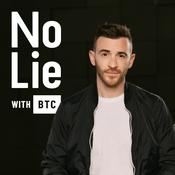362 episodes
Ep 233: How US Media Naturalizes Capital Strikes and Helps the Rich Undermine Democracy
1/28/2026 | 1h 24 mins.In this episode, we examine how billionaires and corporations threatening capital strikes and capital flight to discipline populist politicians and movements is treated as normal, obvious, and healthy by US media.News Brief: As Dem Leadership Waffles—Labor, Organizers, Immigrants Fight Back in Minneapolis
1/22/2026 | 43 mins.In this News Brief, we break down Dem leadership's fatuous "body cam" and "training" response to ICE brutality, and how organizers in the Twin Cities are not settling for cosmetic reform. With guest Janette Corcelius.News Brief: For Media Reporting on Iran, Trump Suddenly Morphs into Pro-Democracy Humanitarian
1/17/2026 | 25 mins.In this News Brief, we discuss mainstream media coverage of ongoing protests across Iran and how nearly every major Western outlet has been uncritically framing any potential regime change plans by the US government—including Trump ordering a military attack on the country—as being motivated primarily, if not solely, by concern for the lives, safety and rights of demonstrators.News Brief: How Corporate Media Laid the Groundwork for a Rightwing Incitement Campaign in Minnesota
1/07/2026 | 27 mins.In this News Brief, we detail how CBS, Fox, WSJ, and NYT promoted an essentialized, overblown narrative on the "Somali Minnesota fraud" story, teeing up a full blown rightwing incitement campaign against Minneapolis's immigrant communities.
More News podcasts
Trending News podcasts
About Citations Needed
Citations Needed is a podcast about the intersection of media, PR, and power, hosted by Nima Shirazi and Adam Johnson.
Podcast websiteListen to Citations Needed, The Megyn Kelly Show and many other podcasts from around the world with the radio.net app

Get the free radio.net app
- Stations and podcasts to bookmark
- Stream via Wi-Fi or Bluetooth
- Supports Carplay & Android Auto
- Many other app features
Get the free radio.net app
- Stations and podcasts to bookmark
- Stream via Wi-Fi or Bluetooth
- Supports Carplay & Android Auto
- Many other app features


Citations Needed
Scan code,
download the app,
start listening.
download the app,
start listening.








































